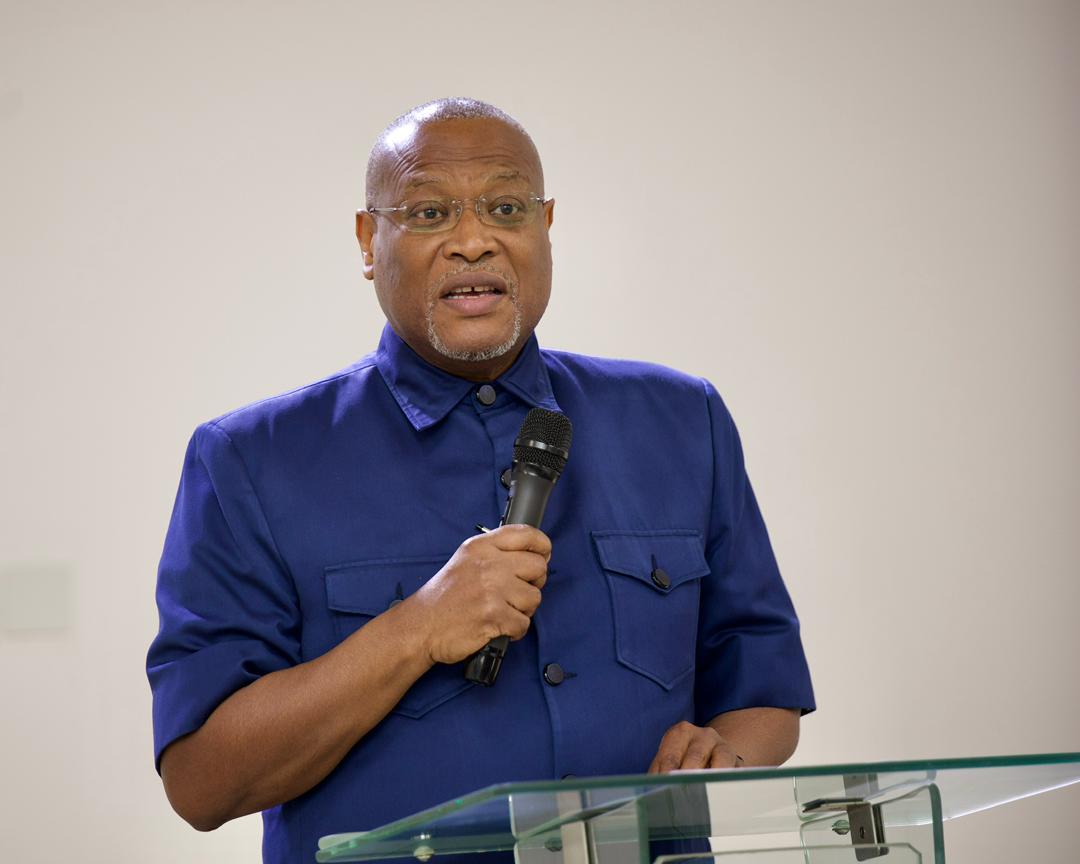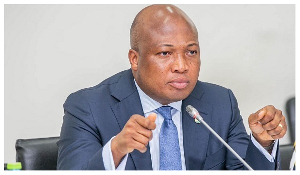Vice President of the Republic of Ghana, Her Excellency Professor Naana Jane Opoku-Agyemang, has called on academic staff associations across Africa to take a leading role in defending academic freedom and institutional autonomy as fundamental pillars of democracy, innovation, and social progress.
Delivering her remarks through the Chief of Staff at the Office of the Vice President, Mr. Alex Segbefia, at the opening ceremony of the ACAF Conference on Academic Freedom for Academic Staff Associations in Africa, held at the West African Genetic Medicine Centre (WAGMC), University of Ghana, Legon, she commended the gathering of 44 academic staff associations (ASAs) from across the continent for creating a platform for dialogue and collective action.
The three-day conference, themed “Safeguarding Academic Freedom in Africa.
A Continental Dialogue for Collective Action,” brings together university leaders, scholars, and policymakers to examine the evolving role of ASAs in protecting academic freedom and promoting democratic governance in higher education institutions.

Reflecting on her experience as a former Vice-Chancellor, Prof. Opoku-Agyemang noted that academic staff associations in Africa, which initially focused on welfare concerns such as remuneration and working conditions, have over the years expanded their mandate to include advocacy for tenure, governance reforms, and protection of academic freedom from political interference.
She recalled that between the 1970s and early 1990s, under one-party and military regimes, African academics increasingly invoked the principle of academic freedom to resist state intrusion into university affairs.
This period, she said, forged a vital link between intellectual freedom, institutional autonomy, and the broader struggle for democracy and human rights.
The Vice President highlighted two landmark instruments that shaped the continental movement for academic freedom: the Dar es Salaam Declaration on Academic Freedom and Social Responsibility of Academics (1990) and the Kampala Declaration on Intellectual Freedom and Social Responsibility (1990).

“These documents,” she said, “affirmed the right of all members of the academic community to teach, research, write, and share knowledge without fear of interference or repression.”
She also cited global frameworks such as the 1997 ILO/UNESCO Recommendation on the Status of Higher Education Teaching Personnel, the International Covenant on Civil and Political Rights, and the International Covenant on Economic, Social and Cultural Rights, noting that all recognize academic freedom as a cornerstone of education and human development.
Touching on Ghana’s national context, Prof. Opoku-Agyemang reaffirmed that the 1992 Constitution of Ghana explicitly guarantees academic freedom.
However, she expressed concern over the 2018 Public University Bill, which she argued would have undermined university autonomy by granting excessive powers to the executive.
“The bill was resisted by the university community, civil society organizations, and the Ghana Academy of Arts and Sciences,” she said. “A bill that gives the President the power to appoint and dismiss vice chancellors or allows a minister to dictate university policy has no place in a democracy.”
In her concluding remarks, the Vice President urged participants to use the conference as a springboard for developing innovative strategies to strengthen leadership and governance within Africa’s universities.
“I encourage you to deliberate on how leadership development can promote academic freedom and democratize university systems,” she said. “Academic staff associations must engage constructively with governments, university management, and students to ensure that universities remain spaces for critical thought and the pursuit of truth.”
Prof. Opoku-Agyemang further commended ACAF for taking steps to bridge the gap in continental advocacy, noting the absence of a unified body representing African academics before the African Union and its human rights institutions.
“The establishment of ACAF marks an important step toward collective representation at the continental level,” she concluded. “It is only through such unity and shared purpose that we can safeguard academic freedom and ensure higher education serves as a catalyst for Africa’s democratic and developmental aspirations.”
Source: Myxyzonline.com





